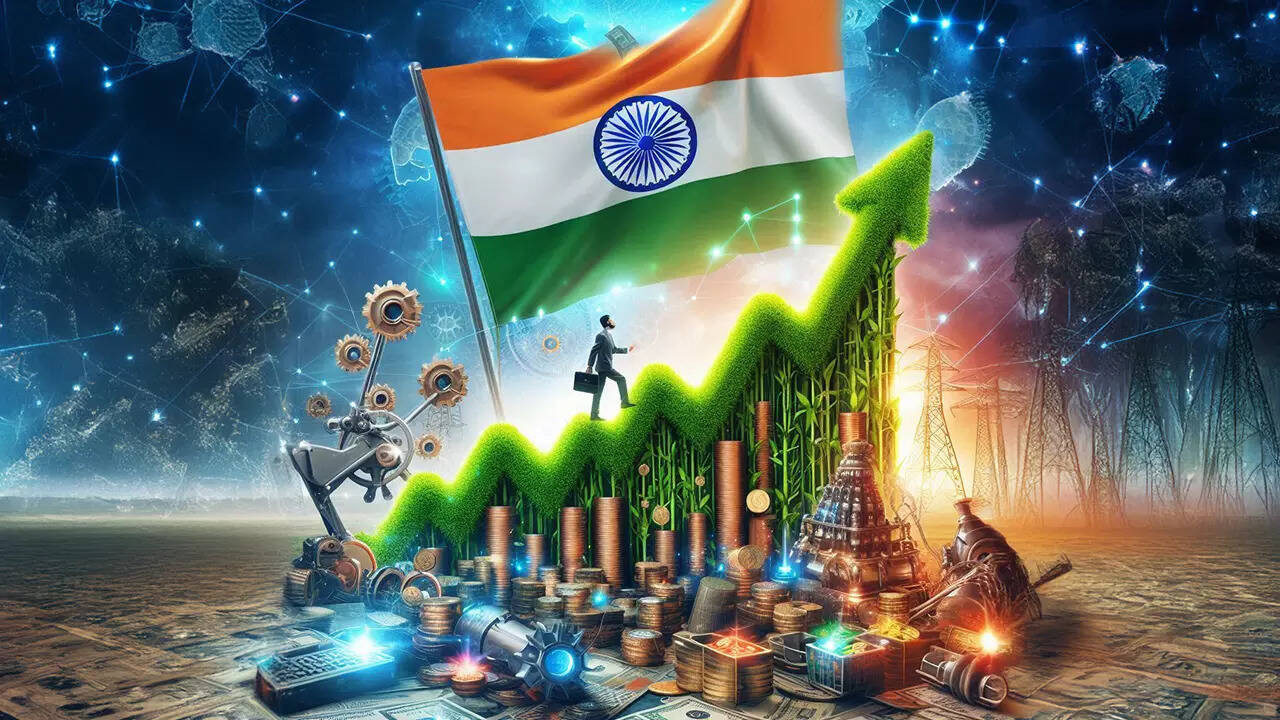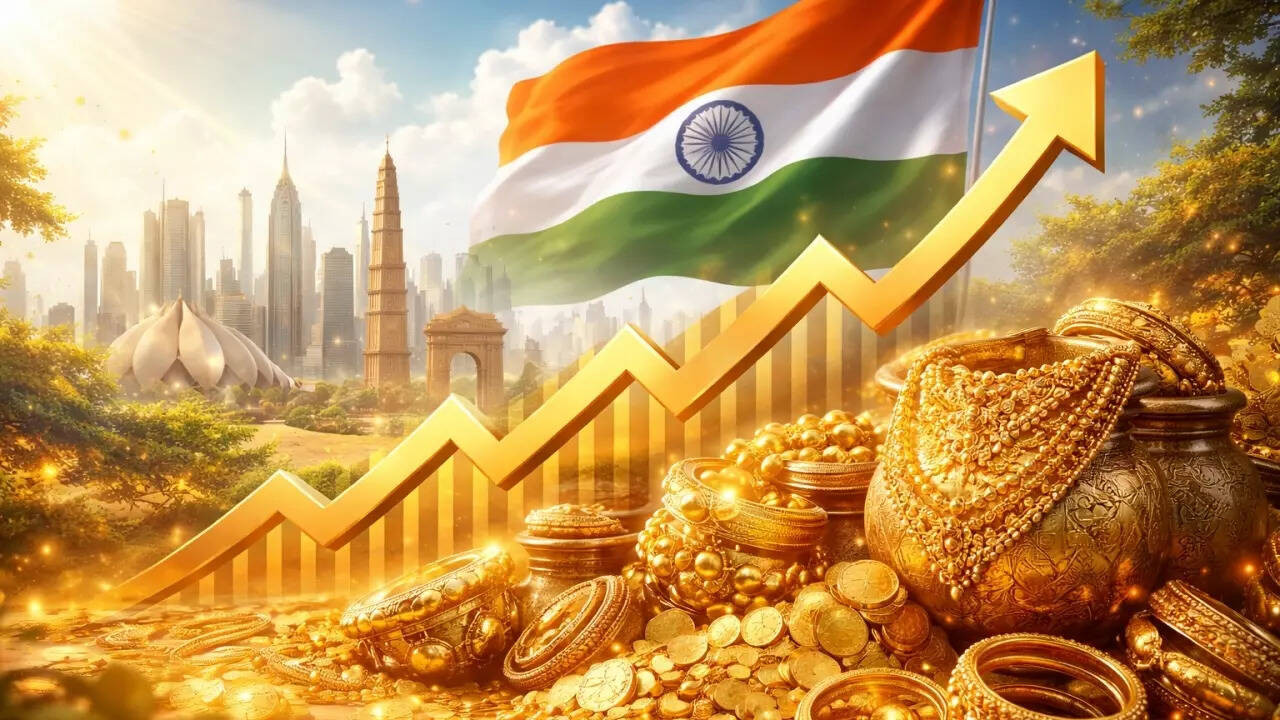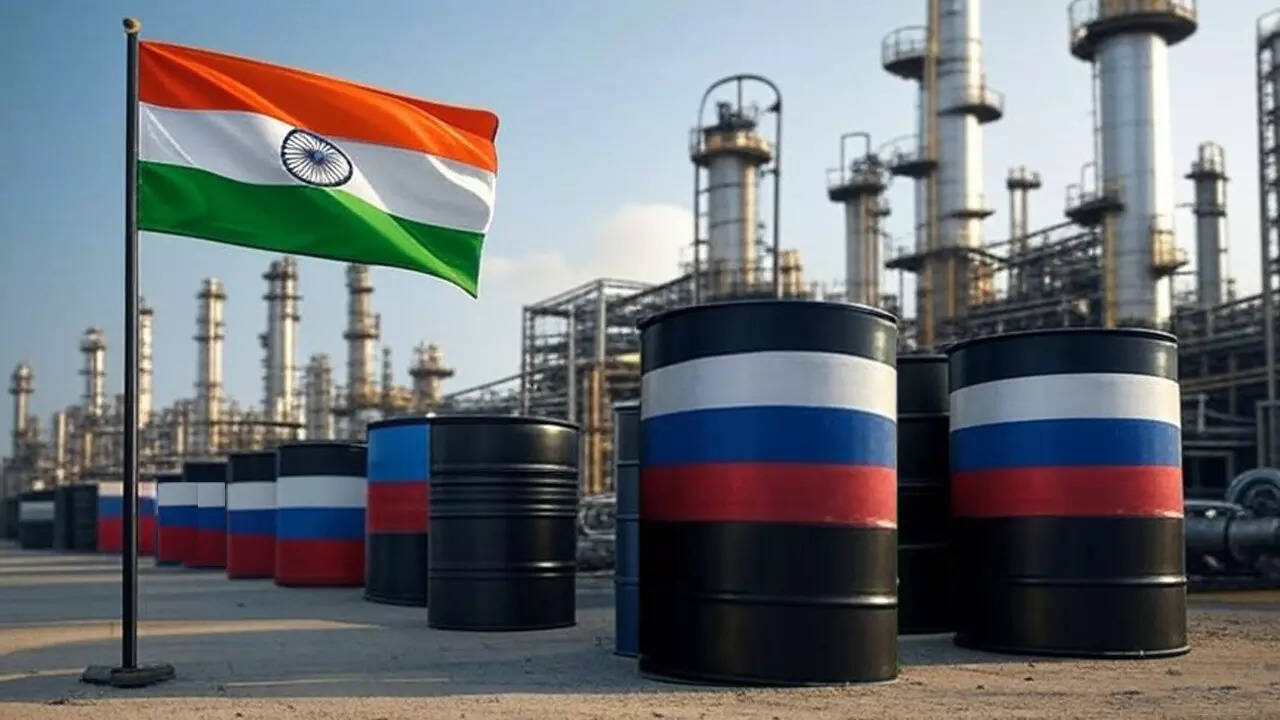India is actively pursuing multiple trade agreements, with EU negotiations resuming and Minister Goyal scheduled to meet the EU’s trade commissioner. Discussions with New Zealand, Chile, and Peru are progressing well, while dialogue with Qatar is in advanced stages.
India’s Trade Winds are Shifting: A Fresh Look at Global Partnerships
India’s economic landscape is dynamic, constantly reshaped by the winds of global trade. Recent developments suggest a significant shift in strategy, with renewed focus on solidifying relationships with key economic powerhouses like the European Union and Qatar. After a long pause, negotiations with the EU have officially resumed, hinting at a potential resurgence of trade between these major players. Simultaneously, whispers from trade circles suggest that a Free Trade Agreement (FTA) with Qatar might be unveiled as early as next month. What does this mean for Indian businesses and the global economy?
Re-engaging with Europe: A Chance for Stronger Trade Ties
The India-EU relationship holds immense potential. Negotiations for a comprehensive trade agreement stalled years ago, but the renewed commitment signals a desire on both sides to unlock the economic benefits that closer collaboration can offer. Think about it: the EU represents one of the world’s largest economies, a market hungry for Indian goods and services.

A successful trade deal could significantly boost Indian exports in sectors like textiles, pharmaceuticals, and automotive components. Equally important, it could pave the way for greater investment from European companies into India, fostering innovation and job creation. The talks aren’t just about removing tariffs; they encompass a wider scope, including intellectual property rights, sustainable development, and regulatory cooperation. A modernized India-EU trade agreement could set a new standard for international partnerships.
Qatar on the Horizon: Deepening Roots in the Middle East
While the EU negotiations are a welcome revival, the potential FTA with Qatar is arguably even closer to realization. Qatar, a nation brimming with energy resources and strategic geopolitical importance, presents a unique opportunity for India. The proposed agreement promises to streamline trade in goods and services, potentially lowering costs and boosting competitiveness.
Beyond energy, which is undoubtedly a cornerstone of the relationship, the FTA could unlock new avenues for collaboration in areas like infrastructure development, technology, and tourism. Imagine Indian companies playing a more prominent role in Qatar’s ambitious infrastructure projects or increased tourism flow between the two nations.
The FTA also has a symbolic significance. It reinforces India’s deepening ties with the Gulf region, a strategically vital area for India’s energy security and economic interests. This agreement could become a blueprint for future trade deals with other nations in the region. This deal will be of great benefit to India-Qatar trade.
Navigating the Path Forward: Challenges and Opportunities
While the prospects are undeniably exciting, it’s crucial to acknowledge the challenges. Trade negotiations are complex, often involving protracted discussions and compromises. Successfully navigating these intricacies requires a clear vision, strong negotiating skills, and a willingness to address concerns on both sides.
For the EU deal, thorny issues such as data privacy and agricultural subsidies may need careful attention. With Qatar, ensuring fair competition and addressing non-tariff barriers will be critical. However, overcoming these hurdles is a worthwhile endeavor, given the potential rewards.
Seizing the Moment: Preparing for a New Era of Trade
For Indian businesses, these developments represent a call to action. It’s time to assess potential opportunities, understand the changing regulatory landscape, and adapt strategies to capitalize on the new trade dynamics. This could involve exploring new export markets, forging strategic partnerships, and investing in innovation to enhance competitiveness.
The government also has a crucial role to play in facilitating this transition. This includes providing support for exporters, simplifying trade procedures, and investing in infrastructure to enhance connectivity. By working together, the government and businesses can ensure that India is well-positioned to reap the full benefits of these emerging trade opportunities.
India’s proactive approach to trade agreements with the EU and Qatar underscores its commitment to economic growth and global engagement. These partnerships hold the promise of boosting exports, attracting investment, and creating new opportunities for Indian businesses and citizens alike. As these negotiations progress, all eyes will be on how India leverages these strategic alliances to further solidify its position on the global stage and increase India’s exports.







